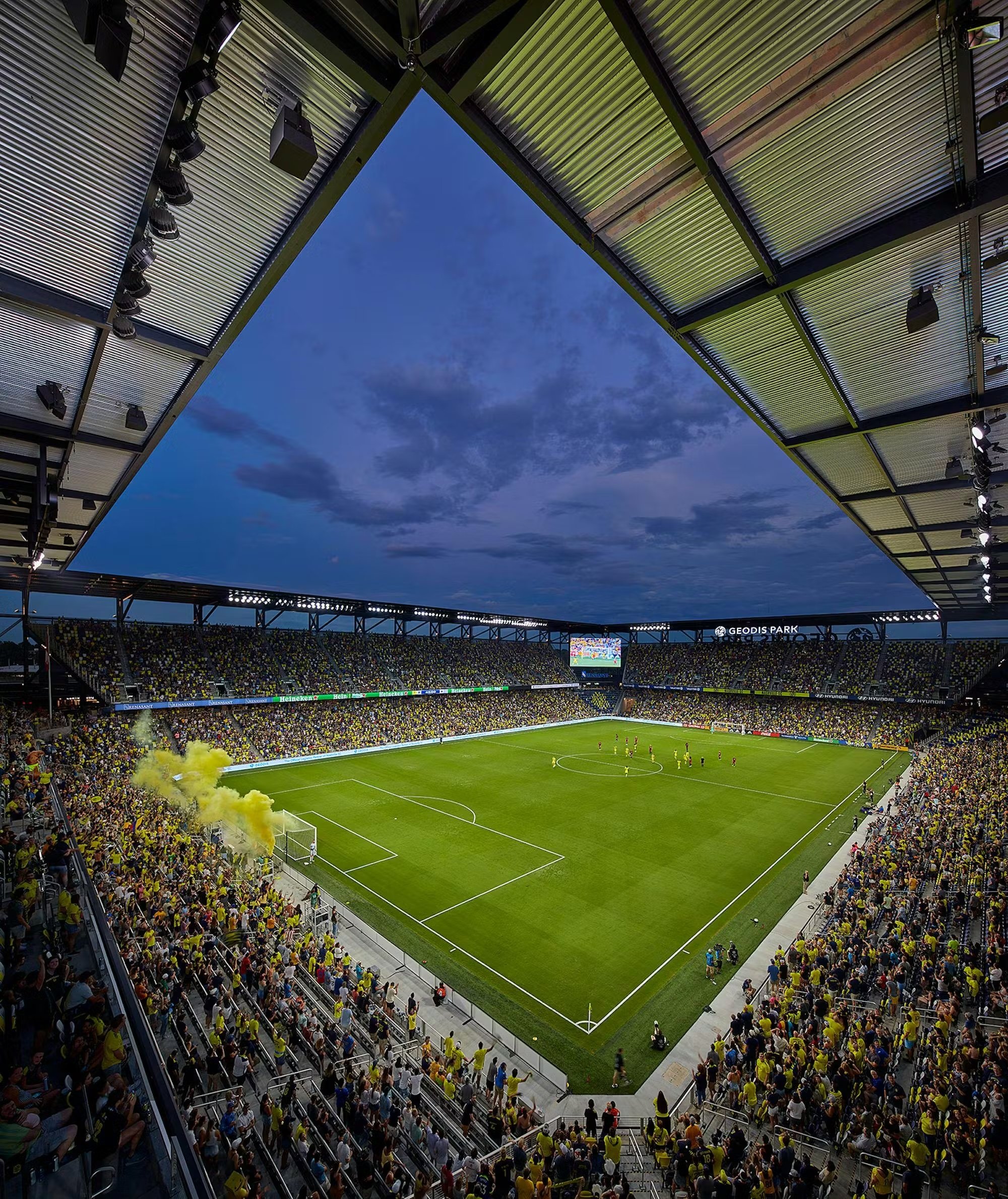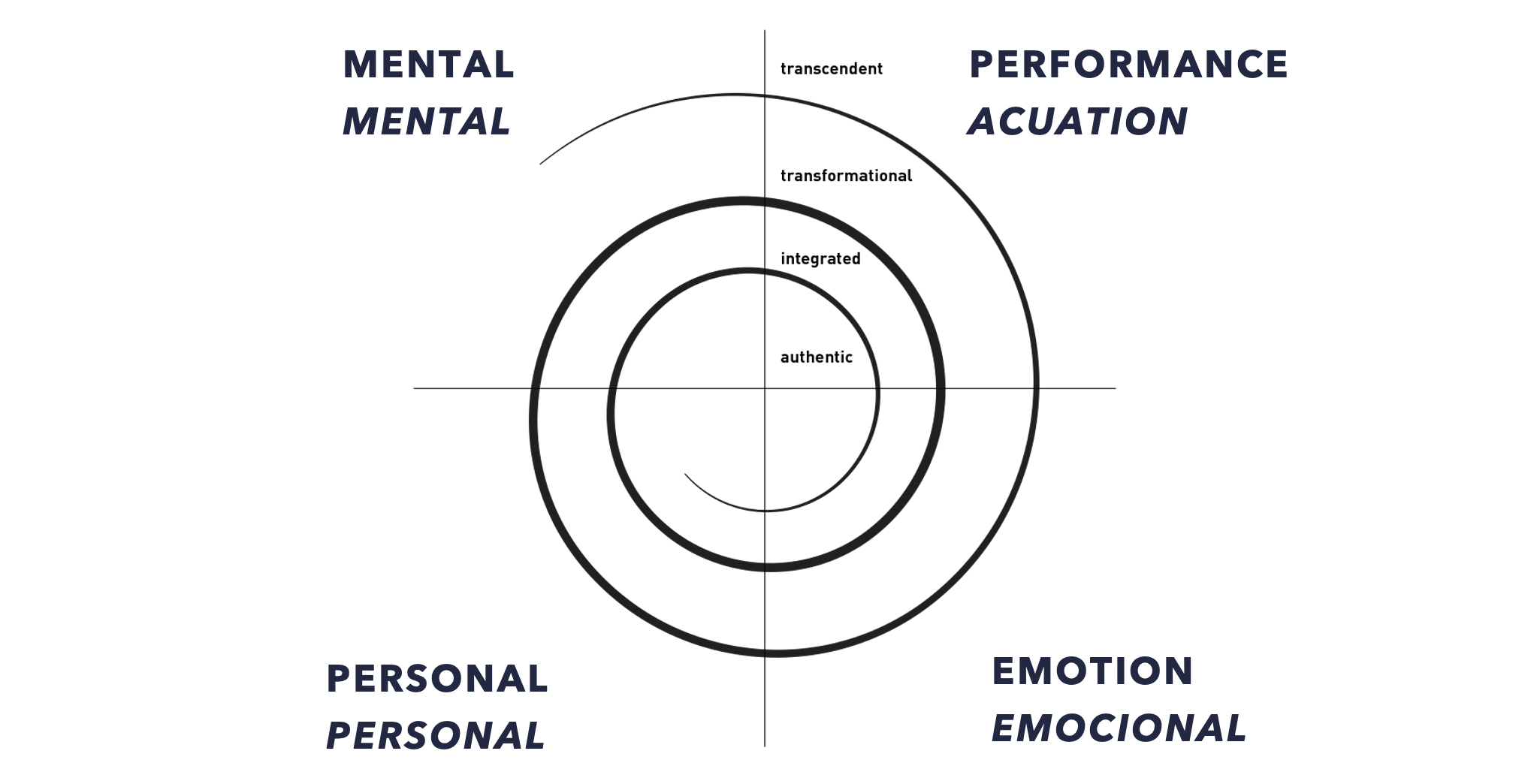
SEASON
Mid-Season Reflection
Reflection is one of the cornerstones of growth and mid-season is a great opportunity to reflect. You can analyze your efforts this season, acknowledge positives and challenges, and clarify your path forward for the rest of the season. It's critical to reflect, understand, and move powerfully into the second half of the season unburdened, focused, and present.
“Performance improvement begins with reflection – the mirror that reveals the athlete's journey from every setback to each triumph.”
— Ralph Waldo Emerson
The Four P’s Exercise - Mid-Season Reflection
The Four P’s stand for Personal, Preparation, Practice and Play. These are the cornerstones for athlete awareness, reflection and growth.
The Four P’s Reflection Lenses:
Personal — Reflect on your life outside of sports.
Marriage/Relationship, Family, Friends, Community Involvement, Fun/Recreation, Self-Care, Faith/Religion/Spiritual Growth, Mental Health, Being Mentored/Coached, Etc.
Preparation — Evaluate your readiness, rhythms, and routines before practice and games.
Sleep, Nutrition, Physical Recovery, Video Review, Mental Skills, Emotional Processing, Positional Meetings, Hydration, Injury Prevention, Pre-game Routine, Etc.
Practice — Assess your effort, focus, and improvement during training sessions.
Effort, Intensity, Focus, Technical Improvement, Vocal, Tactical Awareness, Team Player, Adaptability, Consistency, Work Ethic, Leadership, Etc.
Play — Analyze your performance, decision-making, and contributions during games.
Intensity, Focus, Confidence, Creativity, Execution, Support, Decision Making, Positional Discipline, Defensive Effort, Offensive Contribution, Etc.
Instructions:
Choose to fill out the Online form or PDF
Choose your top 8 examples within each lens that you specifically want to reflect on. Feel free to add anything you want that I did not include that will help you.
Score yourself from 1 to 10 (1 = Poor to 10 = Excellent). I highly encourage you to be honest, transparent, and detailed with each part of your reflection.
Write a note or action item for each score, explaining why you gave that score. Anything below an 8 needs attention.
Share your reflection with a coach, mentor, accountability partner, or even me after completion.
This exercise is to determine a current state of where you think you are now in the season, so you can make any needed changes for the second half of the year.
PLANNING FOR MAY
— THE MENTAL GAME —
The Mental Game with Mohamed Salah
The Alter Ego with Todd Herman
View Full Interview Here
PLANNING FOR MAY
— THE PERSONAL GAME —
"Every battle is won before it is fought."
— Sun Tzu, - Art of War
THE MENTAL GAME
PRE-GAME, IN-GAME, POST-GAME
“The power to choose what you think, what you remember, and what you believe about yourself is untouchable.”
— Nick Zinsser, The Confident Mind
PRE-GAME
Visualization & Video
Watch previous games where you were at your best
Have the video team make a highlight reel with your favorite song
Watch video of yourself & players that inspire you in your position
Journaling
Write out how you want your Match day minus one, Game Day, and Post- Game to go
Below are some categories to prompt you, but make it yours...
Match day minus one – Practice, Tactical Review, Nutrition, Sleep, etc.
Pre-game - Morning routine, Affirmations, Music, etc.
Warm-ups – Thoughts, Feelings, Focus, Connection, etc.
In-Game - At your best...Technical, Tactical, Physical, Mental, Emotional, Teammates, etc.
Post-game – Thoughts, Feelings, Result, etc.
Day after Game – Recovery, Tactical Review, Conversations with Coaches & Teammates, etc.
IN-GAME
At Your Best…
When you are playing at your absolute best, what do you know about yourself?
Write down 3 attributes
Examples:
A.warenss, B.elong, C.onnect
F.ly, U.ncomfortable, N.ext
A.lready won, N.ext, D.estined
V.ocal, I.mpact, P.osition
Back home in Streets, Comes Natural, Takes Risks
After you determine your 3…
Write them down on a piece of tape that goes around your wrist or on your shoe or somewhere you can see it to use in the game
POST-GAME
Reflection
Read your Pre-game Journal & ask these 3 W.I.N. questions...
What went Well?
What needs to Improve?
What do I Need?
Action
Pick 1 to 2 Actions for the next game
THE BREATHING GAME
PRE-GAME, IN-GAME, RECOVERY
Why Breathwork?
Your breathing changes your your nervous system, allowing you to shift between:
Sympathetic (SNS) – "Fight-or-Flight" → Quick reactions, explosive power, laser focus.
Parasympathetic (PNS) – "Rest-and-Recovery" → Relaxation, endurance, composure, & oxygen efficiency.
Mastering when to activate each state will help you stay calm, powerful, and in control before, during and after the game.
PRE-GAME
1. Pre-Warm-Up — Calming the Nervous System (Activate PNS)
Anxiety before a game is normal, however, it can increase shallow breathing & tension → leads to wasted energy.
Control your breathing to steady your nerves, lower heart rate, improve oxygen delivery, and prime the body for focused energy.
💨 How To Breath: Nose - Slow - Low
Nose Breathing: Breathe through your nose only, close your mouth → boosts CO2 and oxygen delivery.
Slow Breathing: Soothes your vagus nerve → Calms the body, reduces anxiety.
Low Breathing: Breathe into your belly → Maximizes lung capacity.
💨 Breathing Techniques for Rest & Recovery
Inhale (4 sec) → Hold (4 sec) → Exhale (6 sec)
Repeat for 3-5 minutesInhale (4 sec) → Hold (4 sec) → Exhale (4 sec) → Hold (4 sec)
Repeat for 3-5 minutes
✓ Builds composure under pressure.
✓ Used by Navy Seals
2. Warm-Up — Balance Rest & Alertness
Once warm-ups begin, maintain control of your breathing to prepare for high-intensity play without over-activating the SNS too soon.
→ Do this 15-20 minutes before stepping onto the field.
5 Strong Breath Holds (Right Before Kickoff)
Inhale normally
Exhale normally
Hold your breath and walk for 10-15 paces
Rest for 30-60 seconds
Hold your breath and walk for 10-15 paces
Rest for 30-60 seconds
Repeat 5 times
✓ Boosts red blood cell circulation for better oxygen delivery to muscles.
✓ Sharpens focus without increasing anxiety.
IN-GAME
Your breath affects energy efficiency, so knowing when to breathe through the nose or mouth will maximize endurance and power.
Simple rule:
〇 Running? Mouth exhales for power.
〇 Jogging or walking? Nose inhale & exhales for recovery.
Sprinting (Power – Activate SNS)
Short, forceful exhales through the mouth while sprinting → maintains power & prevents energy loss.
↑ ↓ Between sprints: Switch back to nose breathing ASAP to recover faster.
Off-the-Ball (Stay Ready – Activate PNS)
When not actively sprinting, use nose-only, slow & low breathing to:
✓ Keep HR steady & prevent early fatigue.
✓ Optimize oxygen efficiency for your next sprint.
Penalty & Free Kicks (Calm the Nerves – Activate PNS)
ⓧ No big mouth breaths! They create tension.
✓ Instead:
Inhale through nose (4 sec)
Exhale through nose (6-8 sec)
Repeat 3-5 times before taking the kick
✓ Steadies your nervous system.
✓ Enhances focus & precision.
RECOVERY
Halftime Reset (Rest & Refocus – Activate PNS)
Nose Breathing: Breathe in (4 sec) → Hold (4 sec) → Exhale (6 sec)
✓ Lowers HR & conserves energy for second half.
✓ Mentally resets focus & sharpens reaction time.
Post-Game Recovery
Slow Nasal Breathing (10 min post-game) → Activates the vagus nerve, reduces cortisol, speeds recovery.
5 Strong Breath Holds → Re-oxygenates muscles & re-energizes the body.
✓ Faster muscle recovery
✓ Less post-game fatigue
✓ Better sleep & long-term endurance gains

